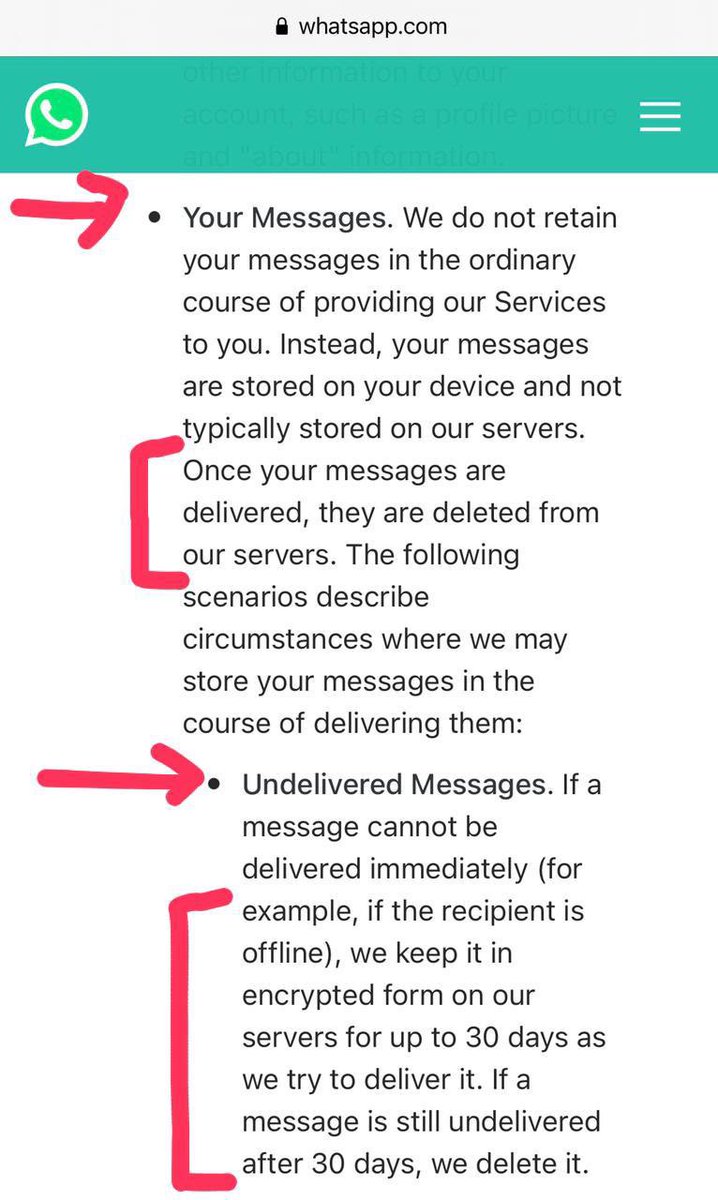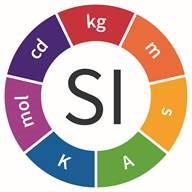As the market matures over the next few years, our strategy and differentiation will shift away from "only we deliver o11y" to exploiting all the unusual capabilities of our storage tier. 😈🐝
It's interesting (and mildly embarrassing) how much I used to think this too. Holy fuckola, how wrong I was.
Huh? How is Honeycomb not exactly that, a managed platform for their custom DB?
— onefuncman (@onefuncman) December 9, 2020
As the market matures over the next few years, our strategy and differentiation will shift away from "only we deliver o11y" to exploiting all the unusual capabilities of our storage tier. 😈🐝
Drill down from high level SLOs to see all of the dimensions, diffed in order of their degree of outlieriness vs the baseline? ✅
The raw speed and flexibility unlocks soooooo many product daydreams.
Teaching people to lean into their curiosity and follow the signal? Design (and product) problem.
We've been busy 🙃 we now have four in product, seven in design, and just doubled our engineering firepower. Every single one of them is ✨😍amazing 🔥🤩🐝
We will succeed largely to the extent that our design, product and engineering teams are equal players of equal caliber who love the shit out of each other.
In some ways, for a company like us, getting the product right is the easy (😩!) part. When you're creating a category, GTM is FUCKING HARD
Our sales team is the only one I know of in software that is 0% threatened by our generous free tier 🙃🌷
"Your sales folks are the only ones I'm ever genuinely happy to hear from" - a user 🌷
If an engineering candidate exoticizes or dismisses sales or marketing, they get an auto thumbs down from me.
I can say this shit all day, it's actions like these that make it real.























